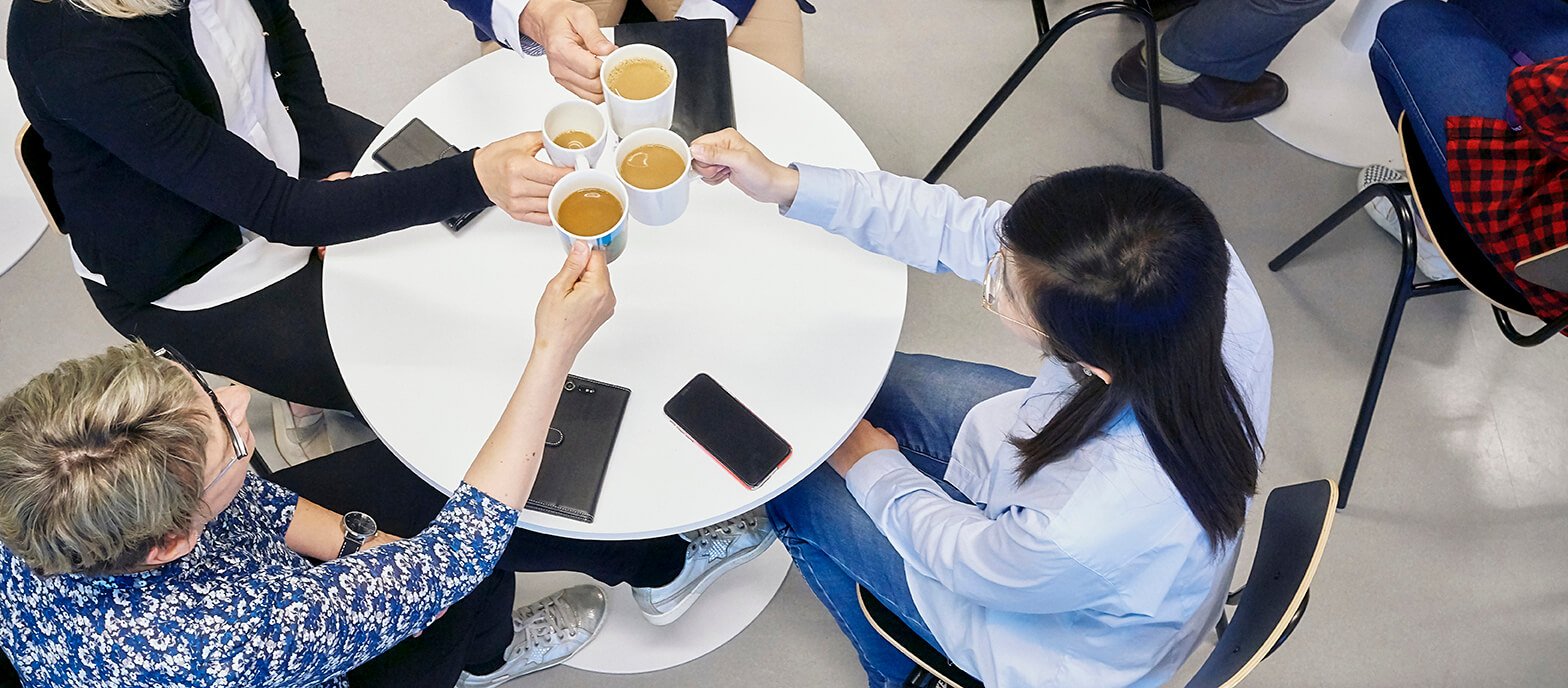
The Digital Health (DigiHealth) research program is a part of the University of Oulu’s national profiling actions, aka Profi5. Its main aim is to strengthen health care services, diagnostics and therapies by developing novel digital technologies for data-driven health applications. International multidisciplinary co-operation is a key for research breakthroughs in the program.
My journey in DigiHealth started with a joint research work between the Oulu Business School and the University of Oulu’s Faculty of Medicine. In close collaboration, we have started investigating how organization science can be better utilized to improve the operations of the intensive care units in hospitals. More specifically, we explore how the business model approach can be used to map, analyze and enhance a patient’s care path in an intensive care unit. Given the current circumstances wherein healthcare is experiencing dramatic overload, DigiHealth supports and promotes timely research.
Hardly did I know that this project would branch into several research streams. Now, we are also jointly addressing the problems of AI-driven decision-making and AI ethics. Artificial intelligence driven decision-making can assist medical specialists in clinical judgement by using AI-generated synthetic data. It enhances the reliability of decisions by supplementing clinical judgement. In addition, it can improve situation-awareness by predicting the situation and forecasting the future status of diseases. It ultimately leads to improved outcomes and cost savings due to faster, more efficient, and effective treatment response.
Yet, the adoption of the AI-driven decision-making in the medical practice is rather low and can be attributed to two factors. First, the maturity of AI technologies is yet to reach the level necessary to be widely adopted in hospitals. Second, the readiness of adapting organizational processes to extract the maximum value from the innovative technologies would need to be higher. If the former problem lies in the scope of the engineering science, the latter represents an organizational and management question. Therefore, the purpose is to explore how to scope the decision-making process by analyzing organizational processes and identifying the barriers to overcome for the adoption of AI-driven decision-making.
Another research stream relates also to the AI-driven decision-making but focuses on ethical dilemmas. Can decision-making be fully automated? Can AI be held accountable for the decisions made? The disruptive potential of AI technologies to change the humanity and society has raised extensive ethical discussions about potential risks and how to mitigate these. Despite the importance of the ethical use of AI, the extant research on tangible implementation of ethical goals and values is still scarce. Therefore, there is a need to develop a framework for identifying and analyzing the ethical tensions emerging in AI-driven and AI-assisted decision-making.
My research journey will also expand towards the 6G-Solutions and Responsible Innovations for Future Sustainable Society, aka Profi6. I will leverage the results of DigiHealth and focus on the citizen-centered health data solutions. By deeply intertwining physical and digital domains, 6G will profoundly transform the world.
More specifically, by enabling the emergence of “network of networks” and platform ecosystems, new technologies will support the integration of home, emergency and hospital care, thereby allowing not only to reduce costs and increase effectiveness, but also to foster the proactive management of the healthcare customers and to increase the overall sustainability of the whole sector.
Therefore, I aim to explore how and why and what kind of platform-based ecosystemic business models can emerge in the future healthcare context, and how to ensure the complementarity of various digital healthcare platforms, to promote citizen-centered proactive and predictive healthcare. I am looking forward to continuing solving new research puzzles that our uncertain present and potential futures will bring about.
Irina Atkova
Irina.Atkova[at]oulu.fi




